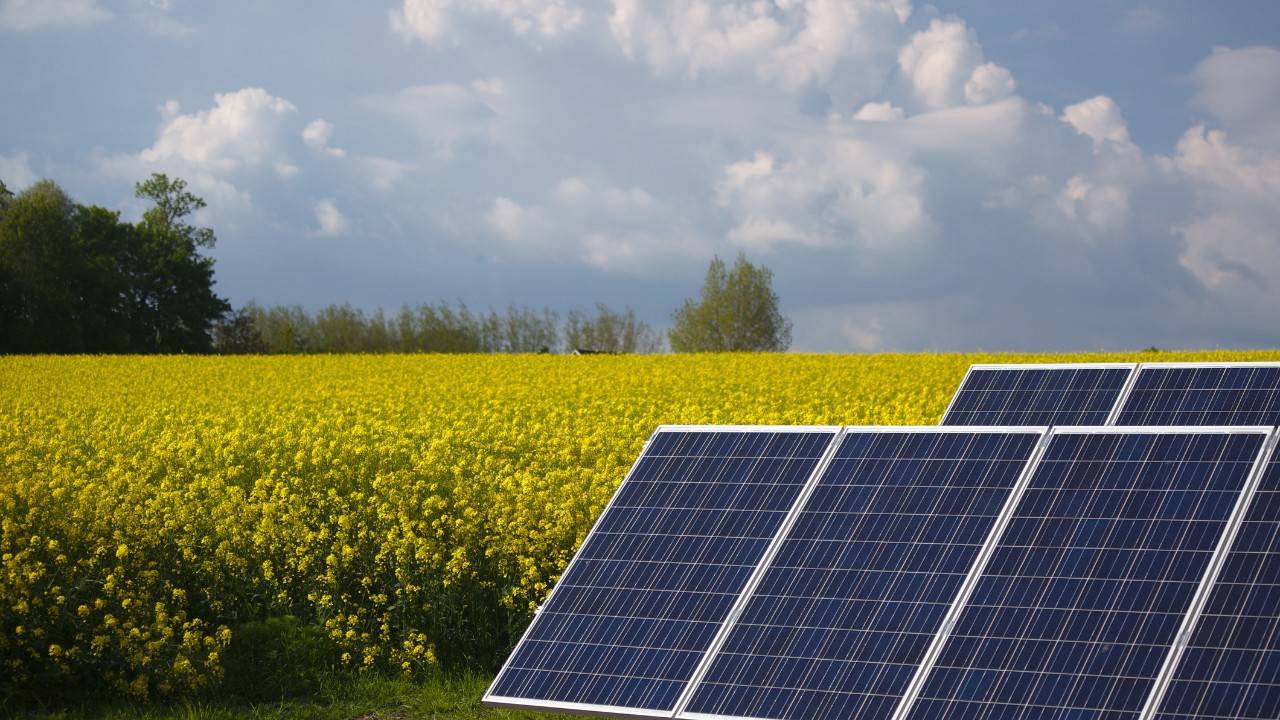In the rural part of Virginia between Richmond, Charlottesville, and Fredericksburg, access to reliable broadband internet is beyond the reach for many families.
When the Covid-19 pandemic forced schools to shift to remote learning in March, the Louisa County Public Schools Division officials decided to launch the Wireless on Wheels initiative.
Daily Yonder reports that 22 solar-powered mobile hotspots were deployed in public spaces throughout the county. The model is simple — parents drive their kids to the parking lot, where they connect to a hotspot and do their online schoolwork.
“The division first explored using school buses as mobile hotspots, according to Superintendent Doug Straley, but it proved difficult to find a consistent power source in the areas where they’d be parked. So Technology Director David Childress worked with another staff member to design plans for solar-powered units instead.”
Each Wireless on Wheels unit costs about $3,000 to make, with the largest expense coming from the solar panels and the trailer itself. The units are built with materials available in most hardware stores and each hotspot can support about five devices in a 200-foot radius.
Childress said that the units are designed so that they can go on for 24 hours a day, even if the entire week had no sunshine at all.


